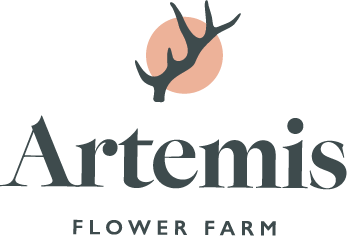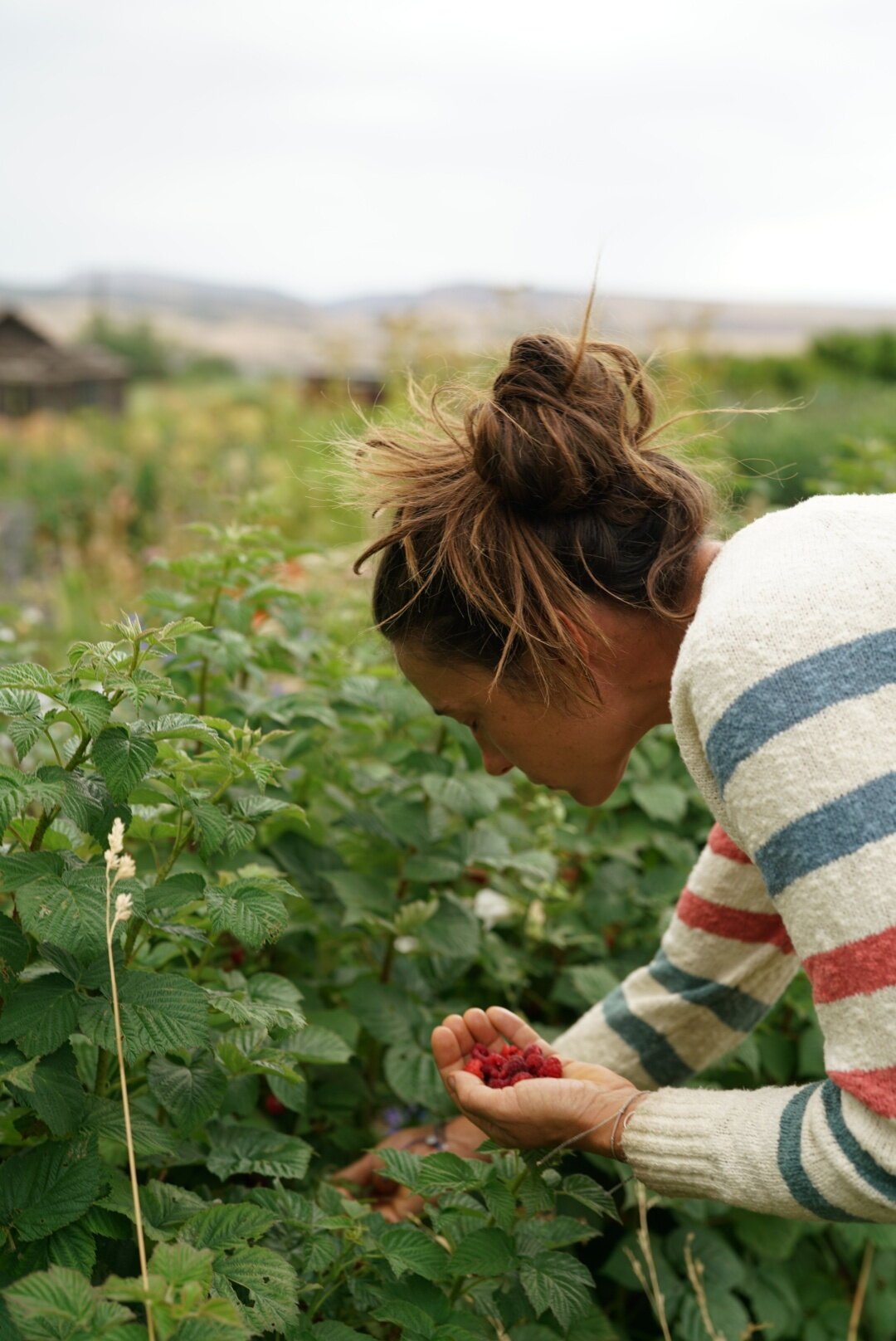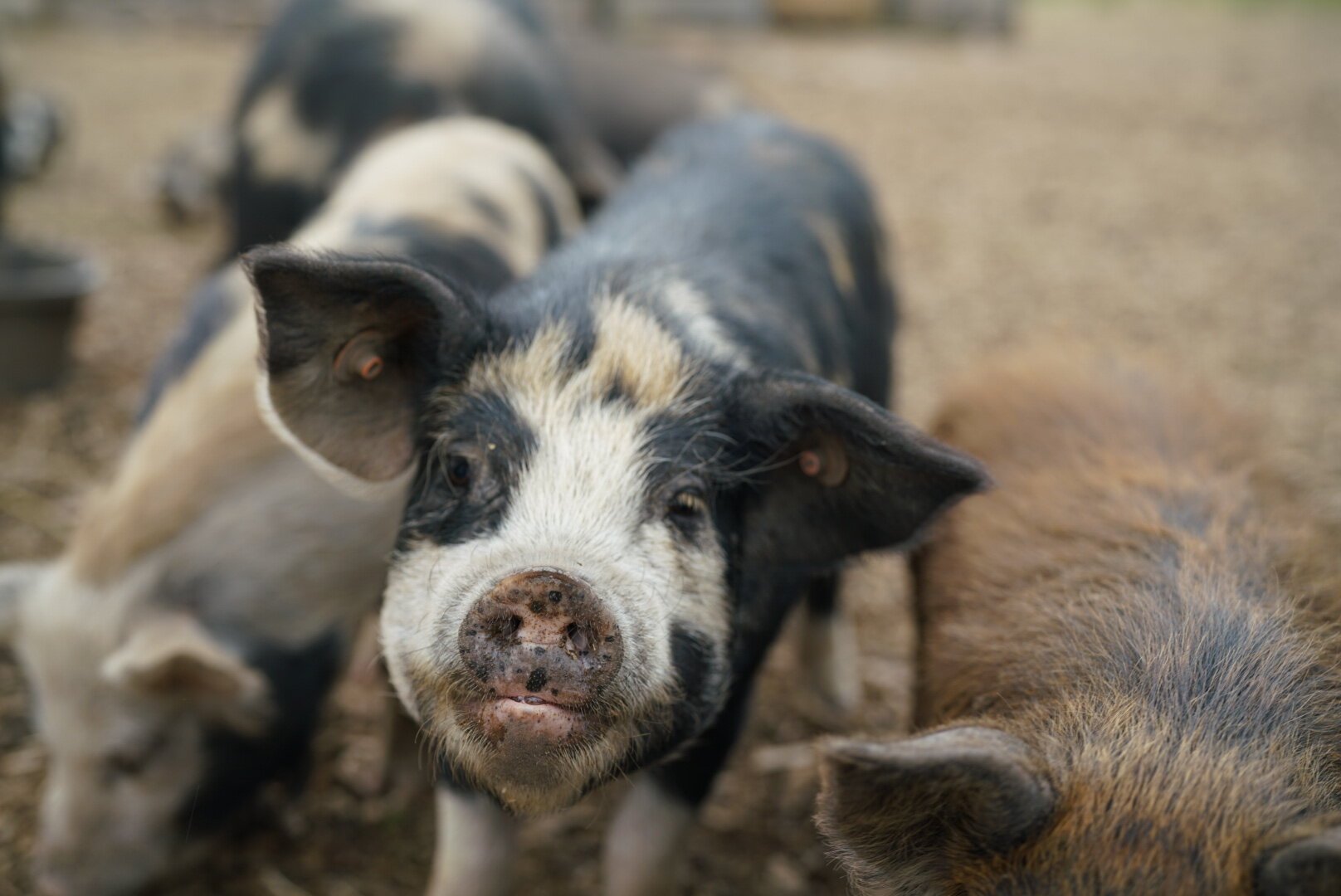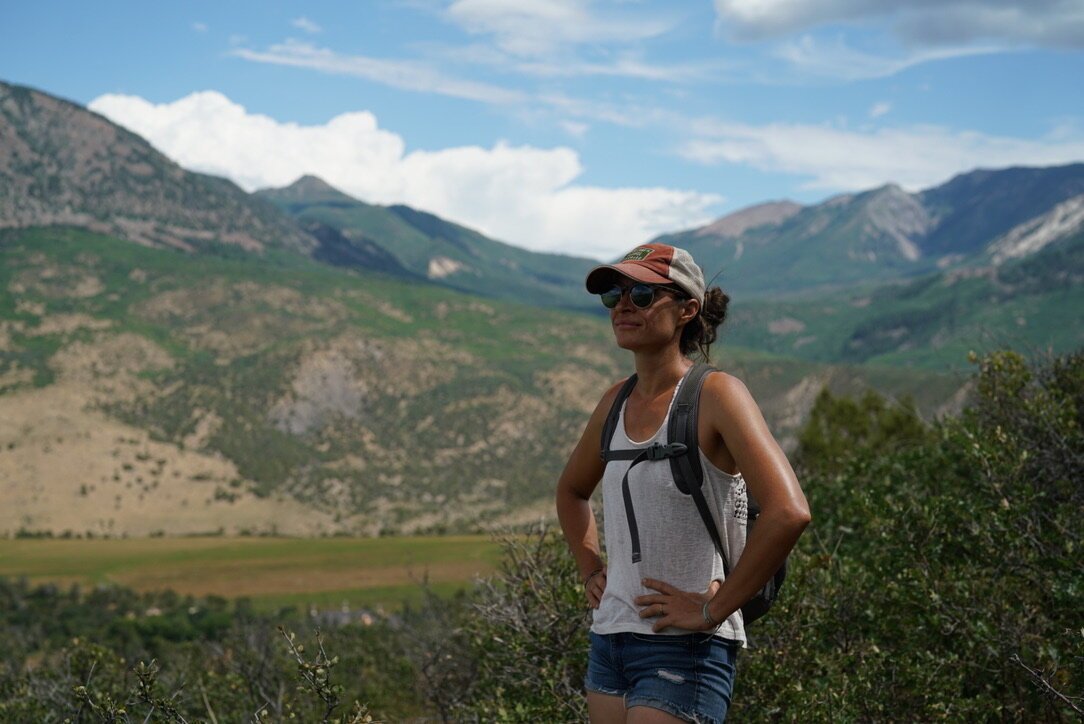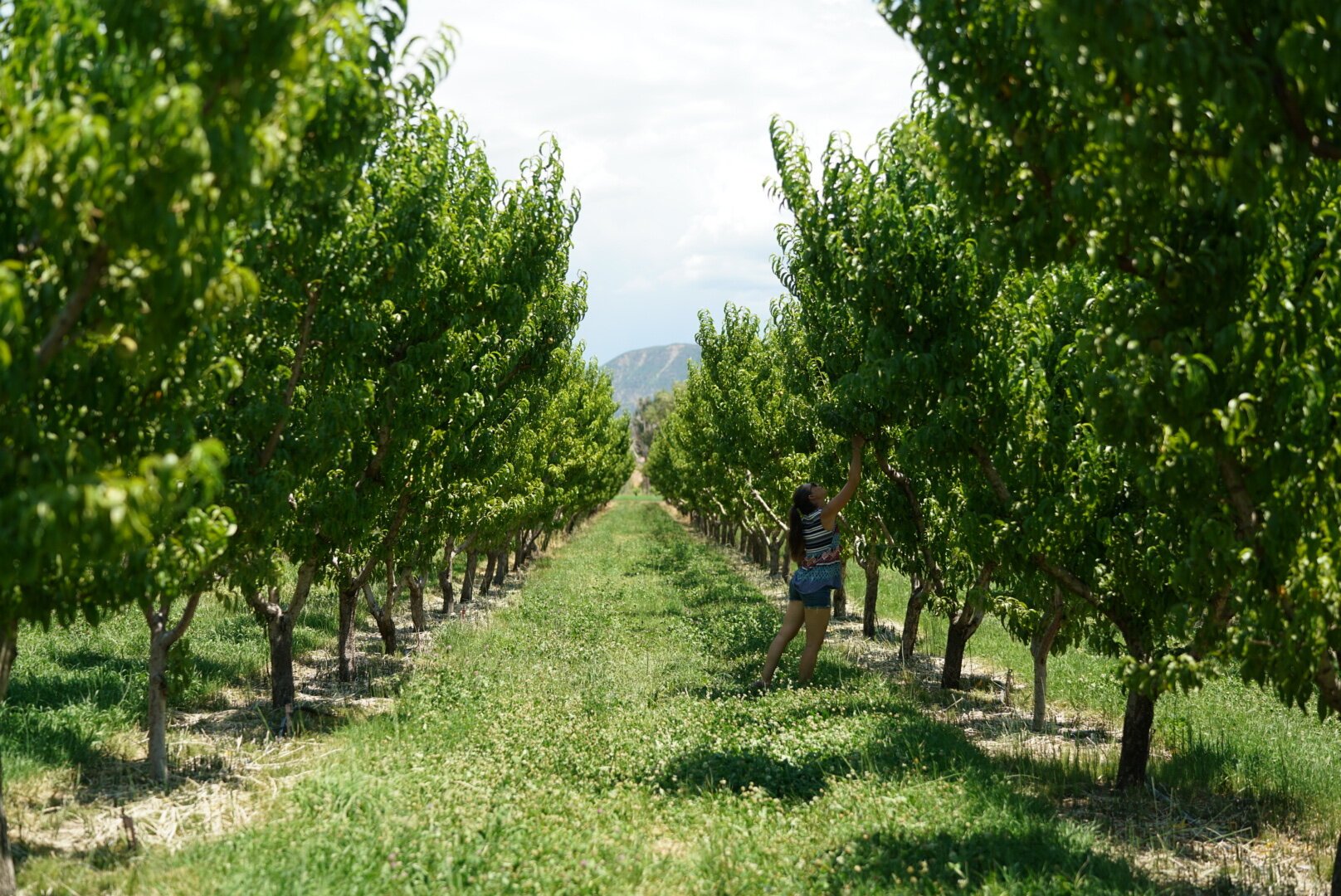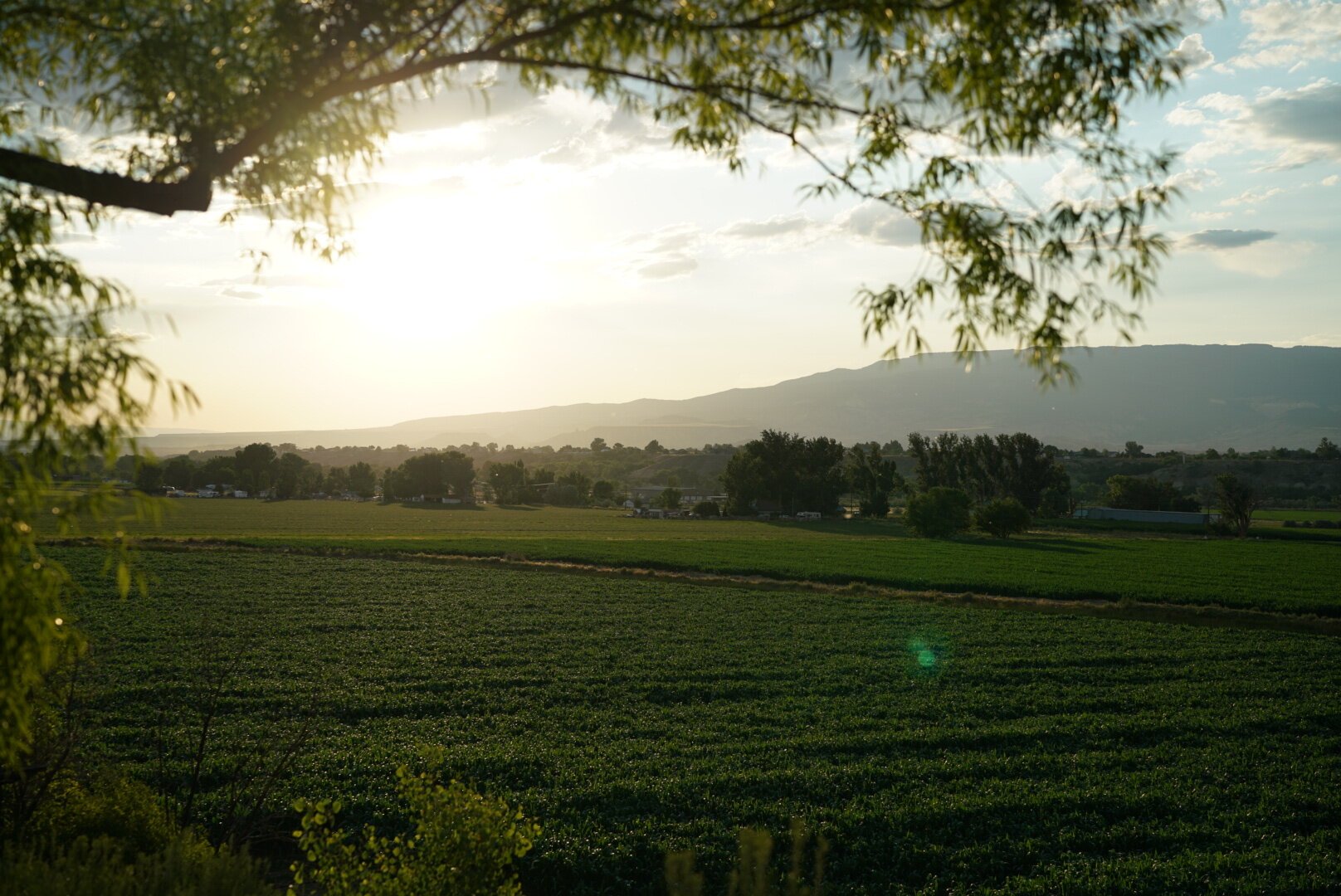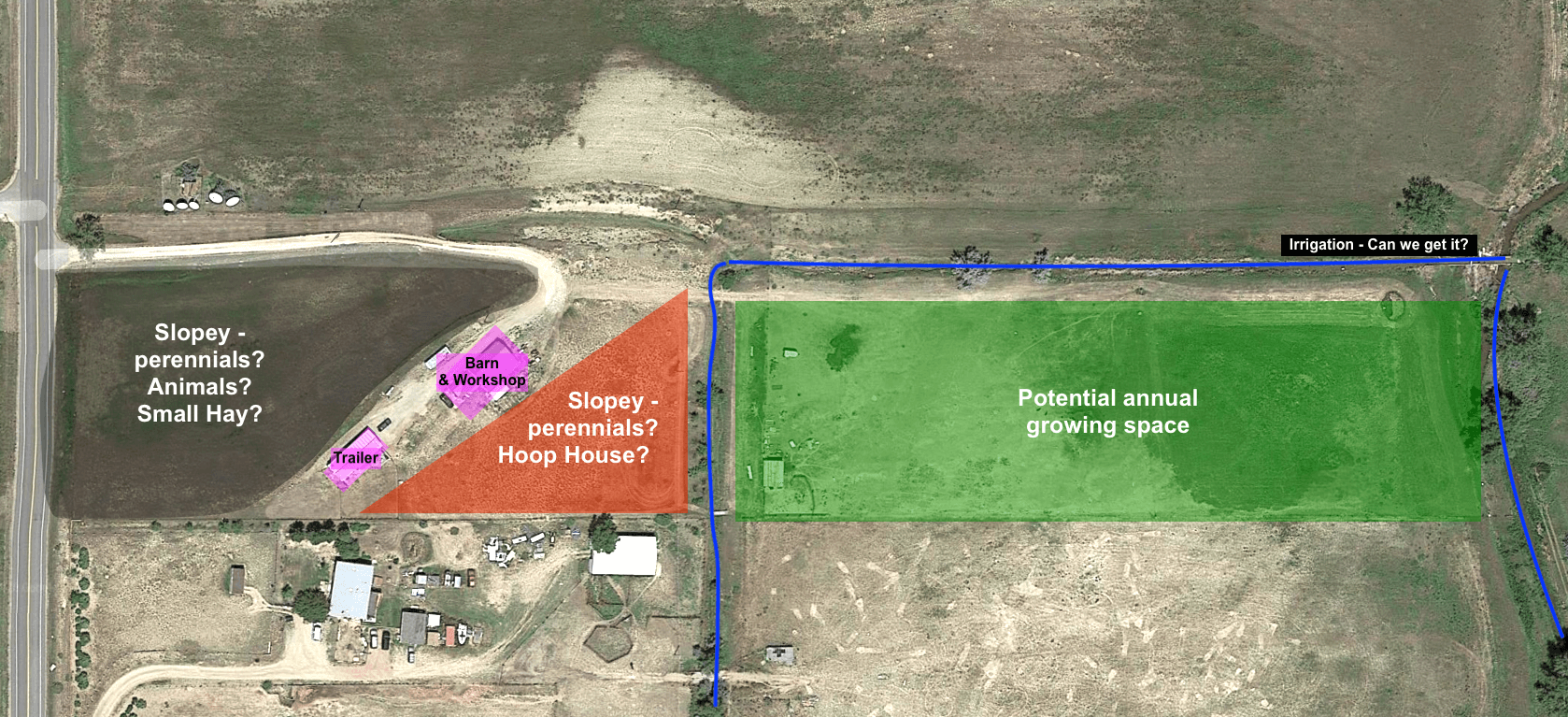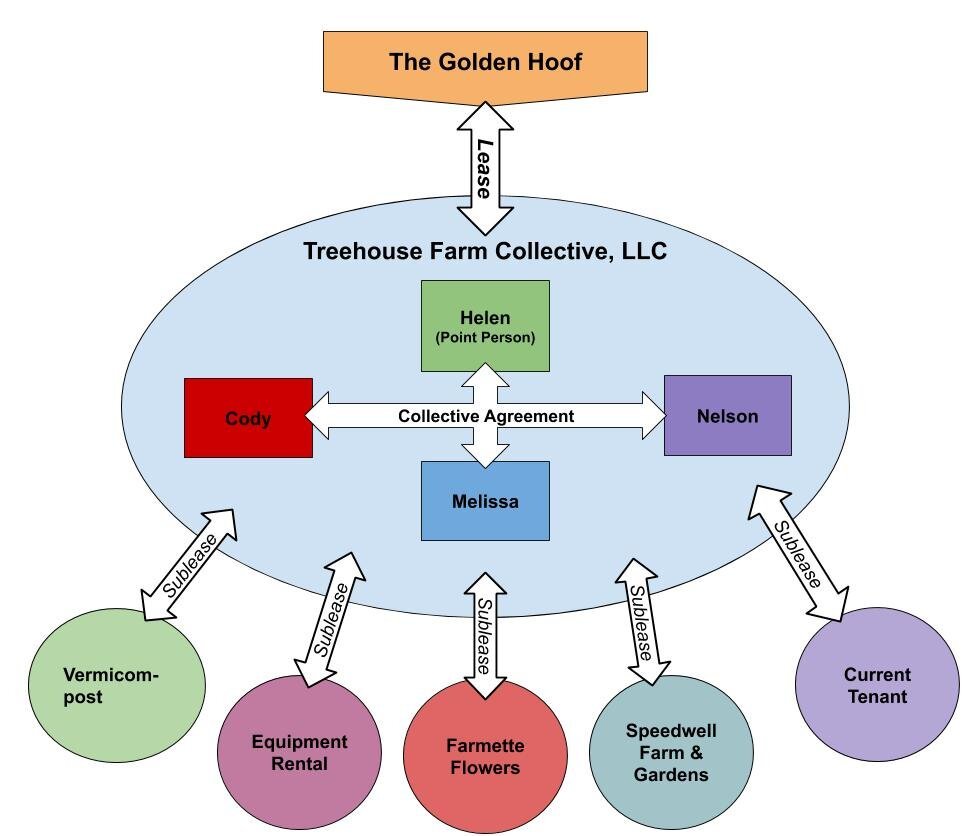Farmette Flowers Has Land
Note: Artemis Flower Farm was previously named Farmette Flowers.
Since October, something has been in motion. I could not be more thrilled or grateful to announce that Farmette Flowers has secured a long-term lease on a property near Boulder (deep breaths, deep breaths!). I’ll be offering wedding flowers this season, along with a small CSA, to be announced. The property will be farmed by a collective of agricultural businesses, and we will soon integrate animals into our operation, while providing space for education, shared resources, and collaboration.
We’ve decided to call it the Treehouse Farm Collective, as a nod to the way we want to be playful and imaginative in our work. There is so much on the horizon that it’s actually difficult for me to write about — I feel such a strong upwelling of gratitude / disbelief / excitement / anticipation / uncertainty — wow. It’s hard for me to say the words out loud, that we have a forever farm. This is the culmination of so much thought, angst, planning, weirdness, hesitancy, mortgage lenders, Zillow searches, and so forth, so I thought I’d tell how it came about, in case you too are looking for land, especially as a group.
•••
I want to say here how much I appreciate every single one of you who has ever reached out to me to say that you are praying or hoping or asking the universe for me to get land. Your encouragement has meant so much to me over the bumpy road of the last few years, and I can only believe that whatever thought and energy you’ve put toward me and my farm has helped in some cosmic way. I am profoundly grateful for you. I can’t wait to invite you to the new farm.
Trying to Own
My partner Nelson and I have been trying to figure out how to get land since early 2020. We got preapproved for a mortgage and started searching. We thought for a time that his brother might want to buy with us, so we were looking for multi-family homes with water rights, which, on the front range of Colorado, put us in the $1 million range (outrageous!). We started to look farther afield, and took a trip down to the Paonia and Hotchkiss area in south-central Colorado, which enchanted us. We visited our dear friends at Deer Tree Farm, and coveted their beautiful farmhouse and 18-acre parcel with fruit trees, hogs, gardens, and water. We seriously considered buying a property there, despite what we’d heard about the markets being difficult to access because of the valley’s remoteness, and that water was unreliable — mainly because a house and land was infinitely more affordable there than on the front range. More affordable as in half as much money for a similar or better property, in a community that is very ag-focused. As I write this, it still tempts me!
Berries for days in Nicole’s garden.
Happy hogs at Deer Tree Farm
Paonia & Hotchkiss, land of dreams.
Miles of fruit, anyone?
It’s ok, I guess.
Lease Opportunity
In October, two friends got in touch to let me know about a property that was going up for lease. 17 acres, water rights, water infrastructure, a greenhouse, a big barn, a house, surrounded by Boulder County open space, with a conservation easement preventing development. At the time, I was so focused on owning land that I dismissed this as a real possibility. But my mom’s admonition to always leave the door open rang in my head, so we took a walk around the property with the owners, Alice and Karel Starek, who run The Golden Hoof, and saw what an amazing turnkey farm it is. I didn’t say yes, but I didn’t say no. Around November 15, the Stareks put out a formal Request for Proposals to lease the property.
Our Trailer Home Debacle
At the very same time in November, we found a property with a lot of potential in Berthoud, a beautiful rural community just northwest of Longmont. It had a really old and horrible trailer home, alpacas, and a big barn. We dug deep into this one. Since I was still farming, Nelson did the investigative work of contacting the ditch company, lateral company, and ditch rider, and finding out if the property had ever had water on it – yes – and if it was possible to get it again – yes, if we installed a head-gate. As we were working through the water possibilities, our realtor remembered that with an old mobile home, we couldn’t get a traditional mortgage. We’d have to get a land loan, and then come up with a plan to build a house, get it approved by the County, and then get a construction loan which would be rolled into the land loan and become our final mortgage. It was complicated, and difficult. And even at the low price, we needed to come up with a 25% down-payment, since it was a land loan. As we scrambled to get our investments, gifts from family, and our courage together, someone else put an offer down. We missed our chance.
I was definitely discouraged. It seemed like the market was moving so fast, since mortgage rates are astonishingly low, and that if you wanted something you had to pull the trigger pretty much the same day. We tried going east, but it felt like we’d never be accepted by our neighbors, and frankly it felt desolate, like a hailstorm or tornado threatened at every moment, like we could be swept off and crushed under a house like the Wicked Witch of the East.
This was the 10-acre property we were seriously considering buying in Berthoud. Now I’m so glad we didn’t.
Blind Date
So I kept the door open. I wrote a proposal for the Starek property, though I have to say I didn’t hold much hope for being able to compete. About 2 days before the proposal was due, my good friend Matt called me.
“Are you still going in for the property?” he asked.
“Yeah, I guess…”
“You need to get in touch with Cody and Melissa.”
I trust Matt, so I did.
Cody and Mel own and operate Speedwell Farm & Gardens, and they had put together a pretty bulletproof proposal by partnering with Matt and another young farmer friend, Kris, who runs an equipment rental/custom hire/snow removal business. They’d come up with a great rent number for the property. We decided, over the phone, sight unseen, to put in our proposals together. Our proposals really complemented one another, and once Nelson and I met them, we knew our personalities meshed too. So on the very last possible day, we sent our proposal in to Alice & Karel.
We danced. We fretted. We paced. We waited. We howled.
The process of submitting the grant with Cody and Mel made me a believer in leasing, and in doing it as a collective. I was hooked, and I really wanted the land. I was a wreck of nerves!
Second Date
About a week after submitting our proposal, the Stareks told us we were one of two finalist farms. We met with them on the property again, and they asked us to come up with a revised proposal that would have a higher monthly rent. This was hard – we felt we had offered the best we could – but we went back to the drawing board and looked again. We called someone who had put in another proposal to lease the barn space for a vermicomposting operation, and got them on board. The other folks in the barn worked out space-sharing with them, which was so generous. We were able to up our proposed rent.
Alice and Karel were understandably also concerned that we had just met each other – how would we ensure the long-term survival of our partnership? So we started writing our collective operating agreement, along with clauses for our subleases that would use the collective as a safety net to make sure we would always be able to pay our rent. Writing these gave me such a sense of hope and purpose and the idea that in a legal agreement we could express care and support for one another, rather than antagonism or opposition. As we craft our collective, I am so looking forward to being intentional about our rules, our processes, and the ways we relate to one another.
The revised proposal, though it was short, actually took much more effort and time and collaboration than the first. I had so many long conversations with our collaborators, about how we could do this, how much each business or person could put into it, how we could work with the current tenant, and how we wanted to set up the collective. As a proud introvert learning to flex her communication and collaboration muscles, these days of conversation left me both exhilarated and exhausted. You can see part of what we came up with in the diagram below: we decided to form a new LLC, made up of Cody, Mel, me, and Nelson, which will be the main lessee and manage the subleases of the various parts of the land. Our own businesses will also be subtenants. I think this will make it easy to separate the lease-holding from the farming aspects of our work.
The structure of the Collective and its subleasing entities.
We Did It!
Within an hour of submitting the revision, we got a reply from the Stareks saying that our proposal had been accepted.
I had that feeling of disbelief, of elation, of embarrassment and doubt, a little fear, a lot of hope — but it was all underpinned by a deep, trusting confidence in the abilities and strength of the collective we’d built. I felt so proud, and not just of myself, but of all of us, for having the flexibility, honesty, and idealism to come together to build something that wasn’t just MINE, but OURS. I can’t wait to watch the coming years unfold. It’s going to be hard, and we’re going to have a lot of meetings. But we’re going to have a lot of joy.
Here’s our plan so far!
What’s Next?
Planning for a collaborative farm is giving me life. We’re applying for grants to help us get started, writing an operating agreement, coming up with rules for a community tool shed, figuring out how to divide joint purchases equitably, and deciding how exactly we’ll be taking care of the land on this amazing new place. This is the project I’ve always dreamed about without realizing it — a place where I have other boss farmers to talk to, to float ideas with, to experiment with, to make decisions with, to lean on for advice and support.
As soon as I heard we’d been accepted, I started buying seeds and dahlia tubers like crazy, enough that my bank called me to report suspicious activity on my account LOL. As I’m sure many of you have experienced this season, seed and plant suppliers are backlogged and out of stock due to extremely high demand, low inventory, supply-chain problems, and missing workers, all due to COVID-19. I might not get everything I want right away – I have to keep telling myself that’s ok – take a deep breath and slow down. Three cheers for the seed company employees who are working their buns off right now!
This first season, we’ll be starting slow and small, figuring out water systems and people systems, getting the greenhouse whipped into shape, building a walk-in cooler, and cover-cropping the heck out of a few acres that badly need some tender loving care. In the fall, I may have enough saved to start buying some essential perennials and planting the ornamental, medicinal, and food-crop windbreaks between my field blocks (think ninebark, dogwood, spirea, elderberry, raspberry, lilac, hydrangea, fruiting holly…that whole long dreamy list of delicious foliages…). Over the next few seasons, I hope the farm will evolve into the oasis I’ve always wanted to create and share.
Thinking Back
I'm an only child. I was raised by two biologists who had careers in government agencies (they are both amazing people, by the way). While they never wanted me to do anything except what made me happy, and never expected or desired me to go into any particular career, owning and running one’s own business was just not something I was exposed to as an option growing up. I’ve always been fiercely independent, holding myself to sometimes impossible standards, and insisting that I be able to do everything on my own. That kind of extreme individualism has hurt me over the years, but it’s been proselytized and propped up by our country’s creation myths and by the excessive consumerism that undergirds the capitalist economy. We are not taught to share praise or accomplishments or to build community; we are taught that our worth inheres in what we own and what we produce and how much money we make; that we must guard our possessions and our property and our ideas against all comers. We’ve walled ourselves off from one another.
My friend Andy, who’s the President of our local Young Farmers chapter, recently wrote this:
“Many of us farmers are working on our own in the fields to take care of nature, to regenerate the land. Many are doing this in silos, and in working to heal the land apart from others we are missing a key component to our homes. We are missing community, we are missing culture, we are lacking agreed upon ideals that we can hold each other and ourselves up to.”
He's so right. As much as we talk about sustainability, carbon-neutrality, regeneration, and healing the soil, I’ve come to strongly believe that the only way we can accomplish any of those goals is through deep and intentional collaboration, and by centering human beings in our work; by restructuring our obsession with ownership. We need human sustainability, human regeneration, and human healing: we can only do these things in community.
What I’ve found so far working with my fellow farmers on this shared lease is that whatever we end up doing together, it is better because we did it together. My plan is better. My anxiety is better. I am better. I find myself asking for input, asking for permission, asking for help — and I can only think that learning how to ask those questions will help me ask it of the land I farm on, too, to better understand and heal her. I think I can better understand and heal myself, too. I’m looking forward to stepping away from the mentality of mine, and own, and into that of ours, and share.
Once again, from the bottom of my heart, thank you for your support.
